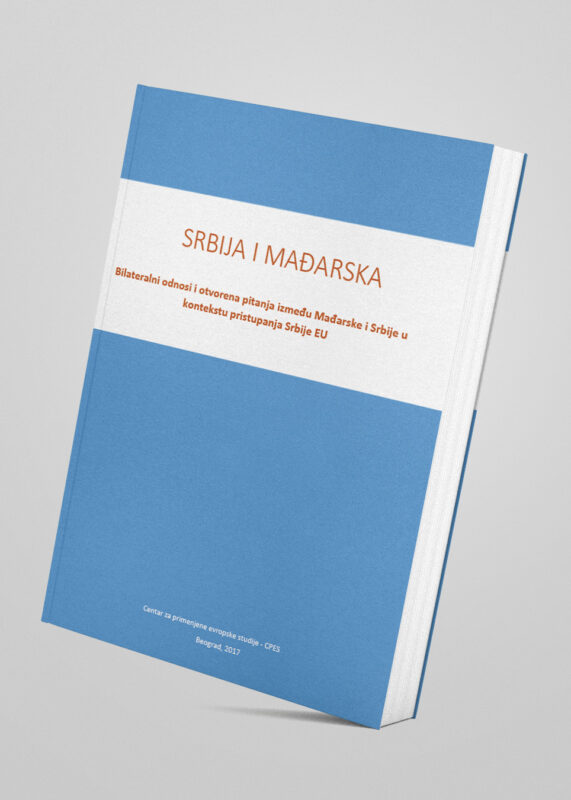Relations Between Serbia and (North) Macedonia
On March 26, 2019 CPES organized a roundtable dedicated to the relations between Serbia and Macedonia. During the discussion, the participants debated a wide range of topics: the problem of determining the interstate border, the status of minorities, and the impact that the church issue has on relations between the two states. Nevertheless, most of the participants devoted their presentations to the analysis and interpretation of the impact that the internal political issues and problems of both countries have on the dynamics and quality of interstate relations.
It has been noted that relations between Serbia and Macedonia (now North Macedonia) have traditionally been good, but that occasional crises and tensions in relations are primarily caused by the different attitudes of the two countries towards the Kosovo status. The Serbian side often points out that Macedonia’s recognition of Kosovo’s independence and support for its membership in international organizations has deteriorated relations with Serbia, and it seems that there is not much understanding for the fact that Macedonia’s position is crucially influenced by Albanian parties: without them it would be impossible for Macedonia to form a parliamentary majority or a stable government. With this in mind, it can be concluded that intergovernmental relations are more influenced by ideological-political profiles and kinship between the ruling Macedonian and Serbian parties than by the mere fact of (non) recognition of Kosovo. Thus, at first glance quite paradoxically, the VMRO-DPMNE government led by Gruevski, who recognized Kosovo’s independence, had good relations with the SNS-SPS government in Belgrade, and enjoyed its full media support during Macedonia’s spring elections in 2017. Serbia’s political leadership’s reservations towards Zaev’s SDSM election victory led to a serious diplomatic-political crisis over a Belgrade official’s involvement during the clashes in the Macedonian Parliament. The cooling of the official relations that followed Zoran Zaev’s victory, therefore, cannot be explained by the expectation of a change in attitude over Kosovo issue, but above all by support for the populist politics of the Macedonian previous government (led by Gruevski), which was ideologically close to the ruling elite in Belgrade.
Zoran Zaev’s pro-European government policy, ending the dispute with Greece, as well as North Macedonia’s accelerated NATO accession have been met with ambivalent reactions in Serbia. Due to Serbia’s official commitment to the EU integration, Belgrade authorities are compelled to support North Macedonia’s efforts in the same direction, so after the post-election crisis, Serbia’s relations with its southern neighbor have been stabilized despite the occasional ideological media campaigns.




